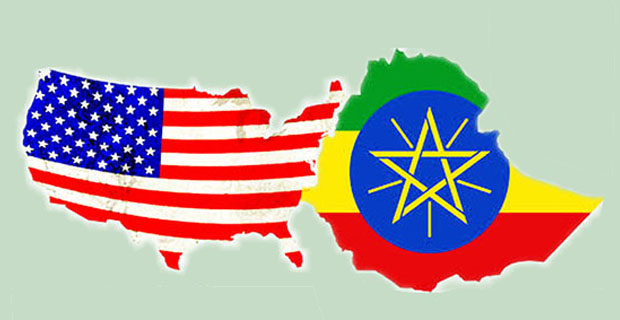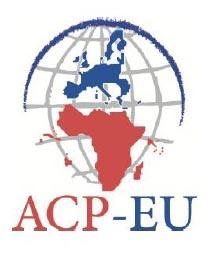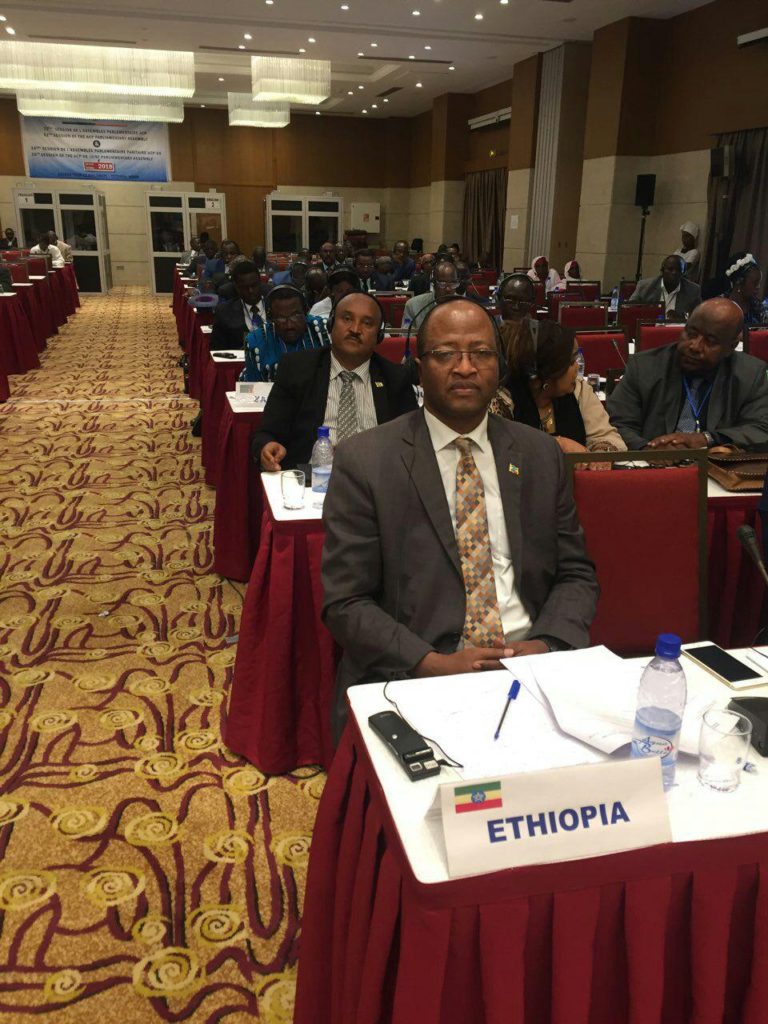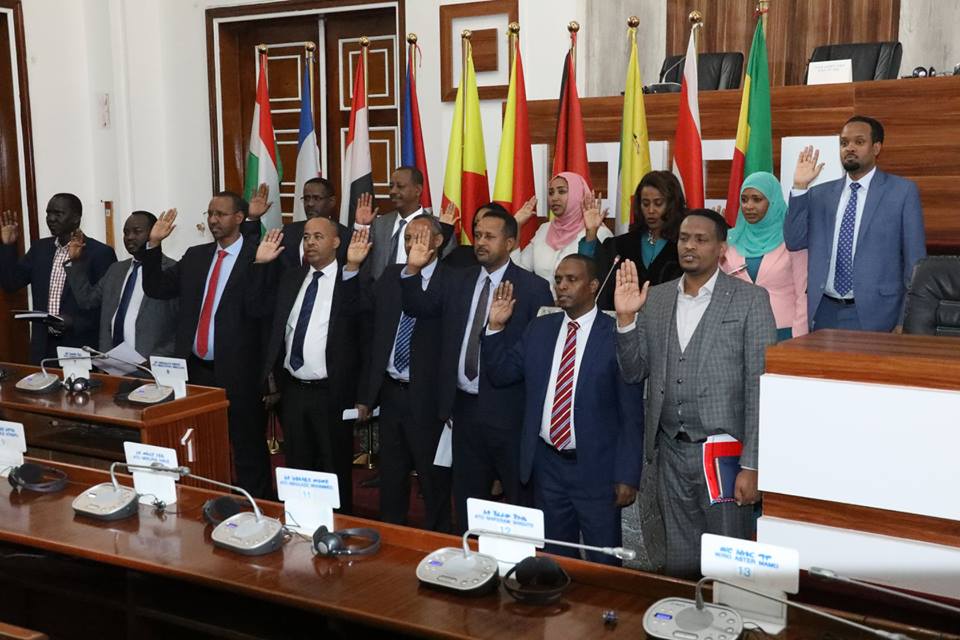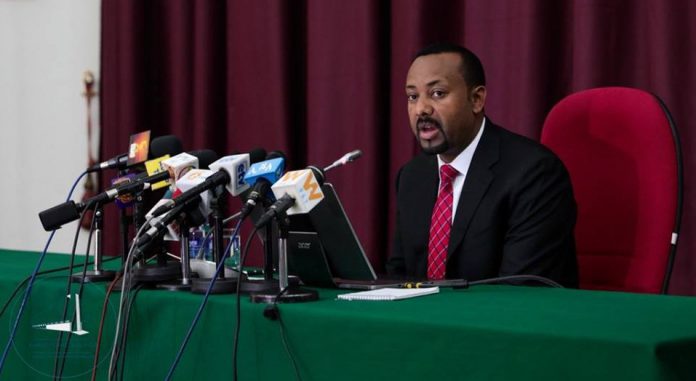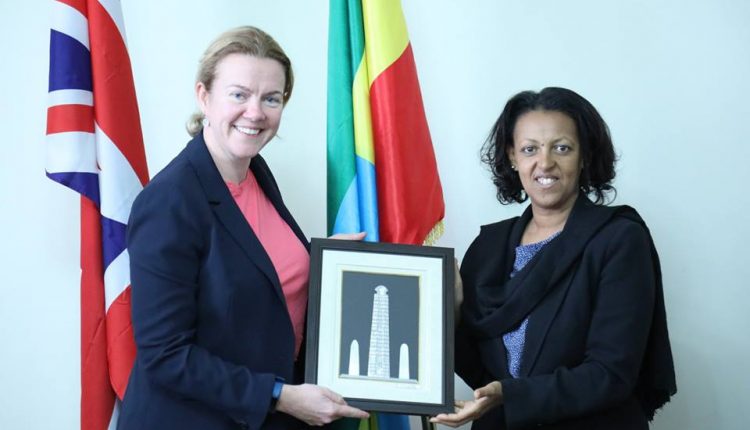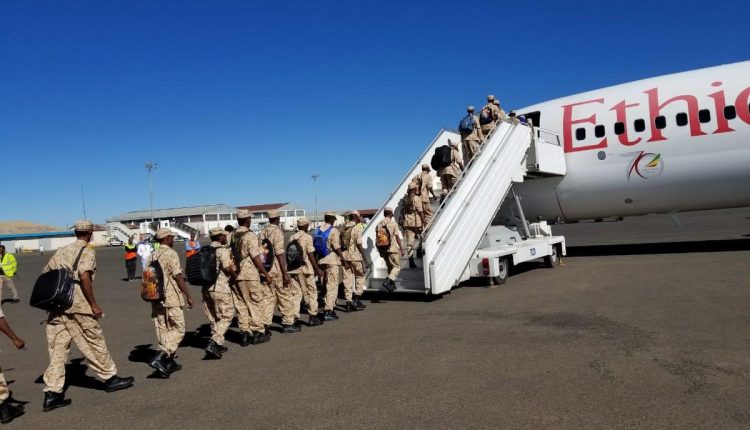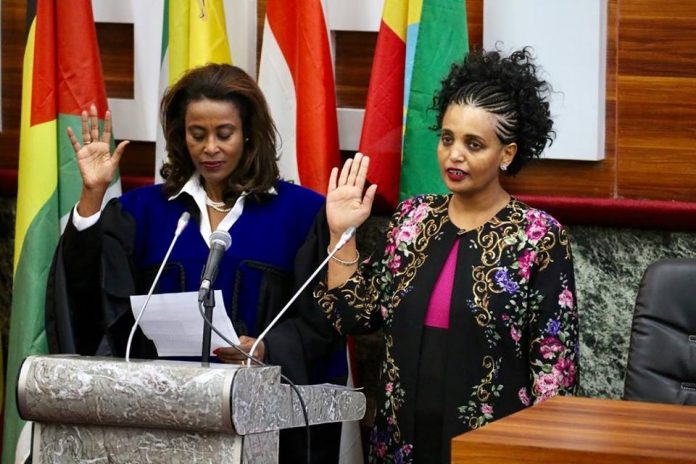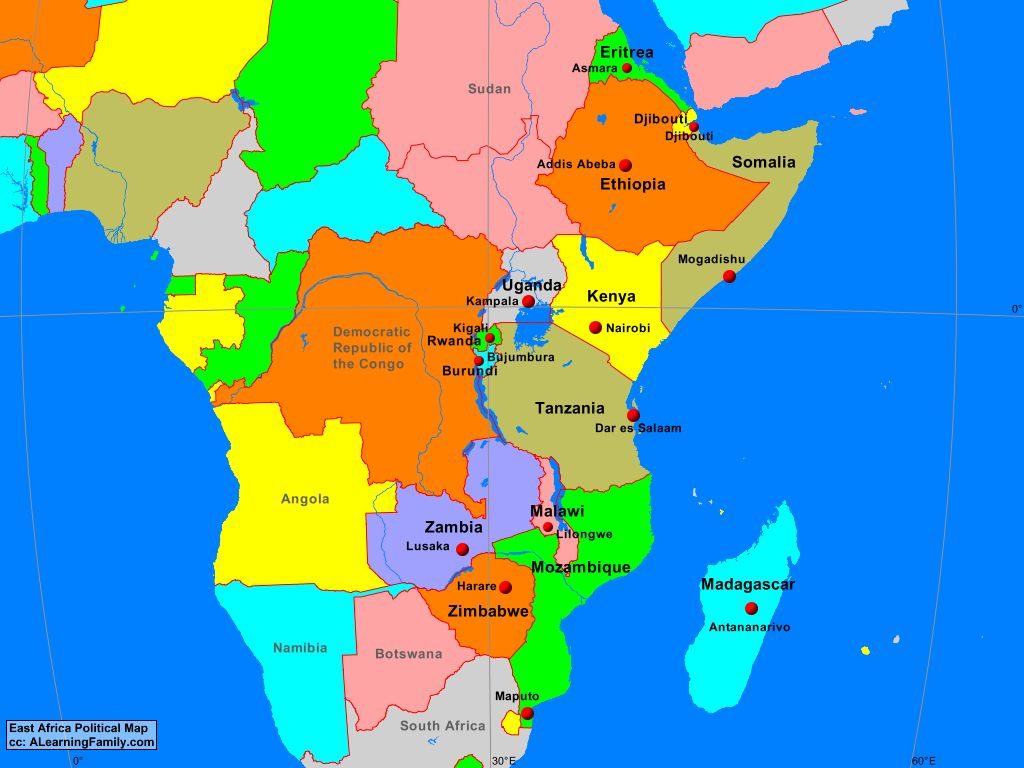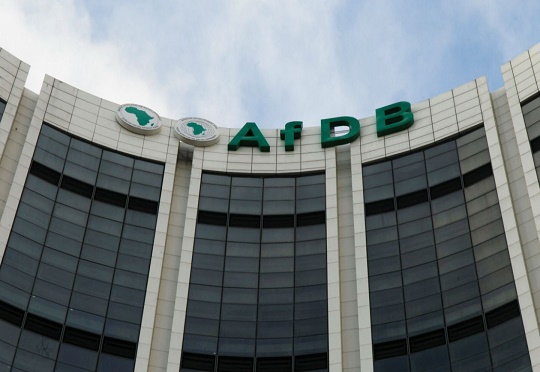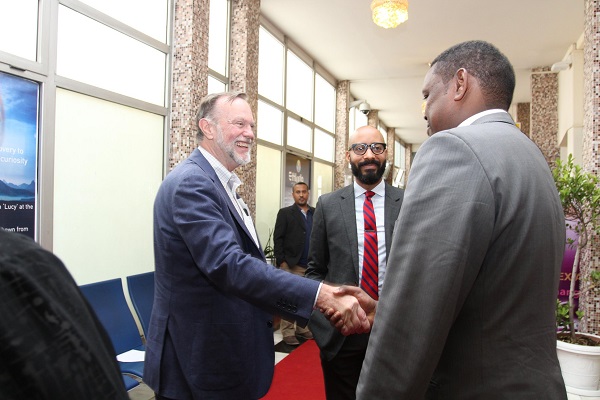 Tibor P. Nagy, U.S. Assistant Secretary, arrived in Ethiopia yesterday for an official visit.
Tibor P. Nagy, U.S. Assistant Secretary, arrived in Ethiopia yesterday for an official visit.
State Minister of Foreign Affairs, Ambassador Markos Takele, greeted Mr. Tibor upon arrival at Bole International Airport.
During his stay in Ethiopia, he is expected to hold discussions with senior government officials, including the Minister for Foreign Affairs.
In addition to Ethiopia, he will travel to Djibouti, Eritrea, Kenya, and Germany.
The Assistant Secretary will focus on promoting stronger trade and commercial ties between the US and Africa, harnessing the potential of Africa’s youth, advancing peace and security through partnerships, and underscoring the United States’ enduring commitment to the people and nations of Africa.
In all stops, Assistant Secretary Nagy will conduct bilateral meetings with government officials.
Furthermore, Ethiopia’s Minister of Defense Aisha Mohammed met this morning with U.S. Assistant Secretary of State for African Affairs Tibor Nagy and General Thomas D. Waldhauser, Commander of U.S. Africa Command (AFRICOM).
They discussed opportunities for security cooperation between the United States and Ethiopia. He will also participate in the United States-African Union High-Level Dialogue in Addis Ababa.
Mr. Nagy underscored that the Horn of Africa is now the Hope for Africa during a meeting with Minister of Foreign affairs, Dr. Workneh Gebeyehu.
On the occasion, Secretary Nagy thanked Ethiopia for its leading role in ensuring peace and stability in the Horn of Africa region.
Minister Workneh briefed Assistant Secretary Nagy on the ongoing sweeping democratic and economic reforms in Ethiopia.
The Minister expressed his country’s keenness to strengthen the trade and investment ties with the US in a bid to maximize the mutual benefits of the peoples of the two countries.
Dr. Workneh noted the support the US has been extending to Ethiopia’s endeavors in areas of education, health and power generation schemes, and emphasized on the importance of working more closely in supporting the ongoing efforts dedicated at institutional building.
Assistant Secretary Nagy noted Ethiopia’s significant role for the winds of change in the sub-region and described Ethiopia as exemplary to the rest of Africa .
He commended the ongoing reforms in the country, adding that the Government of the United States highly appreciates the fact that the relationship between Ethiopia and Eritrea have evolved from mistrust to cooperation. In this regard, Assistant Secretary Nagy expressed his government’s continued commitment to support Ethiopia’s efforts of promoting regional peace and stability.
In a related development, a U.S. delegation led by Nagy held a discussion with Ethiopia’s Minister of Peace Mrs. Meferiat Kamil.

On the occasion, Muferiat briefed the delegation about her ministry.
She said the Ministry of Peace was established with a view to ensuring rule of law and building a peaceful country.
“We want to learn from the United States, a country that has a rich experience in peacebuilding, conflict resolution, and respect of human rights,” she noted.
Tibor Nagy for his part said the ongoing reform in Ethiopia could be a model for other African countries.
“We came here to work together and show our solidarity,” he said.
The two sides also discussed how to cooperate in peacebuilding, ensuring rule of law as well as human resource development, among others.
